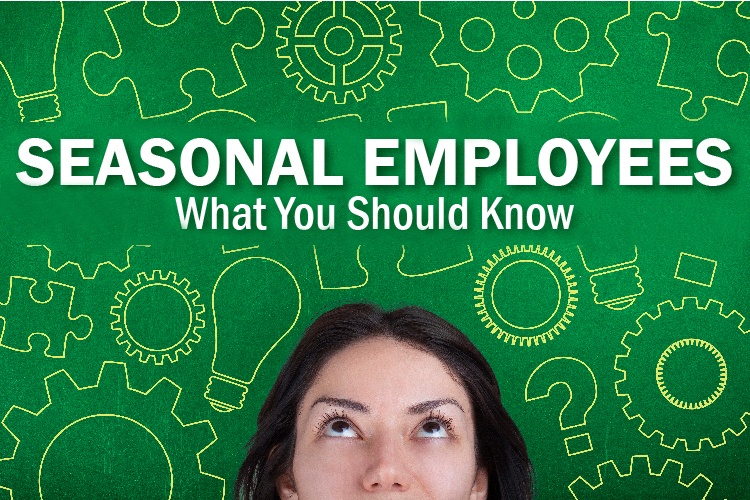Seasonal Employees: What You Should Know

With the holiday season fast approaching, many companies are preparing for the higher volume of business by hiring seasonal employees. In 2016 alone, retailers in the United States hired around 570,000 people just for the holiday season. In 2017, employers are expected to hire even more! If you, like many others, plan to seek seasonal employment this year, there are a few important things you should know to help protect yourself from getting lost in the holiday employment shuffle.
If you are a seasonal employee, you are still protected by your company’s workers compensation insurance. Full-time, part-time, and seasonal employees are all treated equally when injured during the course of employment. Your employer must comply with your state’s workers compensation laws and afford you coverage of injuries occurring in the workplace or during the course of your employment. The majority of states, such as California, New York and Pennsylvania, require work comp insurance for all employers with at least one employee. Some states may increase the minimum number of employees, such as Missouri and Mississippi with minimum of five. There may also be special rules in your state regarding agricultural industries, entertainers or domestic employment.
It seems simple, but it is not always cut and dry. Many seasonal employees use temp agencies to find employment. If you are a working as a temp (seasonal or otherwise) you are still given the right to workers compensation protection in the event of an accident or injury. However, it is not always clear which company is liable, the temp agency or the company seeking temp employees. Insurers may try to deny liability on the claims of workers who use a temp agency for employment. Often, the temp agency is considered the employer, not the company where you have been employed to work. This is usually outlined in the contract you sign with the temp agency, so be sure to pay close attention to every document you sign! Don’t be afraid to ask questions about your rights to medical and wage loss coverage in the event of an unforeseen accident.
If you are looking to take advantage of increased employment opportunities this holiday season, remember that you are protected by both Federal and State employment laws. Under Federal law, there are only a few, limited types of employment where an employee is not given the right to coverage for an accident at work. If you are in one of these types of situations, it might be a smart idea to discuss your situation with an attorney that is knowledgeable about employment law in your state.
It is important to remember that the number of workplace accidents tend to increase around the holiday season. As businesses stay open later, traffic increases, stress levels elevate and more people have a greater risk of getting injured at work. Don’t forget to ask your prospective employer what steps they have in place to keep you safe while on the job.
Other Posts You Might Be Interested In
Subscribe to email updates
Stay up-to-date on what's happening at this blog and get additional content about the benefits of subscribing.


